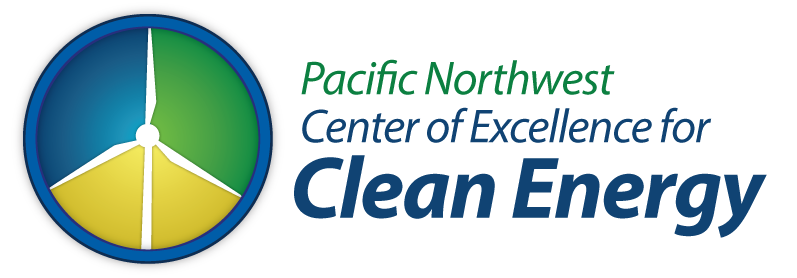Industry Skill Standards
Skill Standards are the industry-defined skills, knowledge, and abilities required to succeed in the workplace. The standards specify what students, job seekers, and current employees must know and be able to do within a particular industry and occupation, including the required levels of performance. Job profiles help us understand the critical work functions, key activities, and performance indicators involved in certain jobs.

SUPPLY

DEMAND

TRANSMISSION
The Skill Standards Project
The Energy Industry Skill Standards Project documents the critical work functions, key activities, performance indicators and knowledge, skills, and abilities needed to succeed in certain energy-related occupations. The project supports the development of new curriculum and the strengthening of existing curriculum in programs leading to certain careers in the energy industry.
Energy Industry Skill Standards & Profiles »
What is a skill panel?
A skill panel is a group of skilled workers who have in-depth knowledge of the hands-on skills required to perform the job tasks in a technical position. The skills required to perform the job tasks are identified by the skill panel as the skill standards.
How are skill standards used?
- Industry: Recruiting, hiring, training and promoting employees
- Incumbent Workforce: Advancing careers and/or reentering the workforce
- Future Workforce/Students: Understanding and acquiring skills needed to attain high wage jobs
- Labor: Ensuring employees benefit from high paying career opportunities
- Government: Linking education reform initiatives, workforce training and economic development
- Educators and Trainers: Developing curriculum and teaching to the required skills sets
Have skill standards been developed for the energy industry?
Yes, Walla Walla Community College developed skill standards with industry support for the following positions:
- Electrician
- Instrument/Control/Relay/Meter Technician
- Lineman
- Millwright
Skill Standards for the Energy Industry-2006 Project
Alan Hardcastle, WSU Research Analyst
Skills Standards for Operators and Mechanics
Skill Standards are the industry-defined skills, knowledge and abilities required for individuals to succeed in the workplace. The standards specify what students, job seekers and current employees must know and be able to do within a particular industry and occupation, including the required levels of performance.
The standards can be used by colleges, high schools and training organizations to make sure that their programs are up-to-date, to attract students to careers in the industry, and to ensure that students and workers get high quality training. The standards can also be used as the basis for awarding college credit for prior learning. Employers and Labor can use the results to better understand the foundational skills workers need to do their jobs effectively, to design or improve training programs, and as a precursor to existing programs like apprenticeship.
Who Participates? Employees are the Experts
Skill standards are defined through focus groups of employees who actually work in the occupations being studied. The focus groups will consist of 12 front-line employees who represent similar kinds of occupations, from many different companies and energy sectors (hyrdo, thermal). The group may also contain managers or other knowledgeable persons with extensive, current knowledge about those occupations.
How Industry Can Contribute – Recruiting Participants
Our goal is to recruit 12 participants for each two-day focus group meeting: one group for operators, and one for mechanics. We need employers and labor partners to identify and support employees to participate in the meetings. It is imperative that we have an adequate number of knowledgeable employees from each occupation participate so the standards will be valid for the industry. Each 12-person focus group should have a roughly equal number of participants from each sector: Hydro and thermal. We also want employees from many different organizations to ensure that a range of work environments is represented.
Responding to Surveys: Written surveys will be used to supplement data collection from industry about foundation skills required for these occupations.
The Process
The focus group meeting will last two consecutive days. A facilitator with experience in developing skill standards leads the meeting. There is a set agenda, but the format is very interactive and discussion-based. Getting input from all participants about their work functions, activities, knowledge and skills is one key goal. Reaching agreement about the scope and content of the information is another. The process includes fast-paced and intensive discussions about work functions, activities and skills, but it is also a fun and rewarding experience for participants. Draft copies of the standards will be reviewed by industry before a final document is produced this summer.
